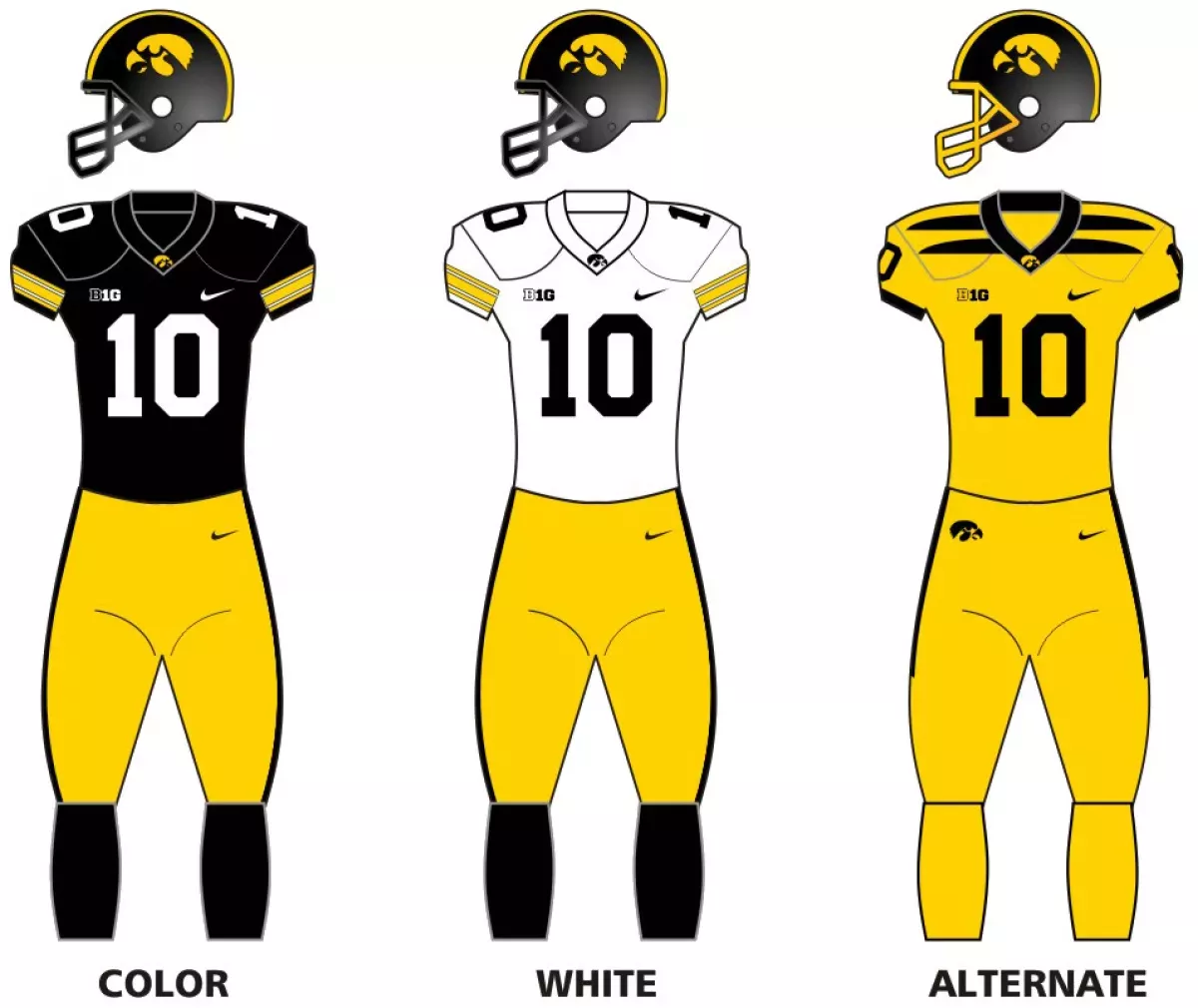The Iowa Hawkeyes football program represents the University of Iowa, competing in the Big Ten Conference since 1900. As an NCAA Division I FBS member, they play home games at Kinnick Stadium in Iowa City. Kirk Ferentz is the head coach, currently in his 27th season, making him the longest-tenured FBS coach. The Hawkeyes have secured 13 conference championships and have been ranked #1 in the AP and Coaches Poll 15 times.
1929: Opening of Iowa Stadium
In 1929, Iowa Stadium, the home stadium of the University of Iowa Hawkeyes in Iowa City, Iowa, opened. Prior to this, Iowa played its home games at Iowa Field.
1936: Inception of AP Poll
Since the poll's inception in 1936, the 1940s and 1970s are the only decades that the Iowa Hawkeyes have not had a team finish in the AP Poll Top 10.
1939: Kinnick wins Heisman Trophy
In 1939, Kinnick won the University of Iowa's only Heisman Trophy. Kinnick Stadium is named for him.
1953: Controversial Game Against Notre Dame
On Nov. 21, 1953, an undefeated No. 1 ranked Notre Dame team faced the Hawkeyes. The game was marred by controversial injuries and play calling that allowed Notre Dame to tie the game and stay unbeaten, leading to the "The Fainting Irish of Notre Dame" label. The Hawkeyes jumped to No. 9 ranking after the game. Because of this game, the NCAA changed the rules making players sit out at least one down before returning to the game.
1959: First appearance of Herky the Hawk at a sporting event
In 1959, Herky the Hawk first appeared at a sporting event.
1972: Iowa Stadium Renamed Nile Kinnick Stadium
In 1972, Iowa Stadium was renamed Nile Kinnick Stadium in honor of Nile Kinnick, the 1939 Heisman Trophy winner.
1973: Huskers Held Scoreless Through Three Quarters
In 1973, during a game against the Huskers, Iowa held them scoreless through three quarters for the first time since 1973.
1979: Creation of the Tiger Hawk logo and uniform overhaul
In 1979, Hayden Fry created the Tiger Hawk logo for Iowa's football helmets. He also gained permission from the Pittsburgh Steelers to overhaul Iowa's uniforms, mirroring the Steelers' image, believing that dressing like winners would help the team act like winners. Reproduction copies of the Steelers' home and away uniforms, belonging to quarterback Terry Bradshaw, were sent to Fry, making Iowa one of the few schools to adopt an NFL team's uniform scheme.
1985: ANF Sticker Appears
In 1985, a gold disk appeared on the helmets, with the black letters "ANF", which stands for America Needs Farmers. This sticker had remained in place until 1992 when the NCAA required teams to remove 'excessive' decals.
1986: Hawkeyes Accept Rose Bowl Invitation
In 1986, after a late-game victory at Kinnick Stadium, the Hawkeyes accepted an invitation to the 1986 Rose Bowl.
1992: ANF Sticker Removed
In 1992, the ANF sticker was removed due to NCAA regulations.
2005: Introduction of "Back in Black" and "Enter Sandman" as team entrance songs
Since 2005, before the game, the team has exited the tunnel together to "Back in Black" by AC/DC before joining hands and running onto the field in unison to "Enter Sandman" by Metallica. This became known as "The Swarm."
2008: Start of strong home record against top 10 teams
Since 2008, Iowa is 5-1 against AP-top 10 teams at home.
2009: ANF Sticker Brought Back
In 2009, the ANF sticker was brought back by head coach Kirk Ferentz and has remained in place since.
2009: Upset win against Penn State
In 2009, the Hawkeyes upset the undefeated Penn State Nittany Lions with a late field goal, handing Penn State its only regular-season loss and starting a 13-game winning streak for Iowa. Iowa would go on to beat South Carolina in the Outback Bowl.
2011: Brett Greenwood Memorial Sticker
In 2011, the Iowa Hawkeyes wore a small green sticker, with the number 30 on it to honor former Hawkeye Safety Brett Greenwood, who had recently fallen into a coma while working out at his old high school.
2013: Introduction of Kinnick Stadium Wall of Honor
In 2013, Iowa introduced the Kinnick Stadium Wall of Honor. Players inducted into the Kinnick Wall of Honor have their name and number placed on the Kinnick Stadium Press Box.
2014: Inception of College Football Playoff Rankings
Since its inception in 2014, the Hawkeyes have been ranked in the final College Football Playoff Rankings five times.
September 8, 2015: Death of Tyler Sash
Tyler Sash, former Iowa Safety and NFL Veteran, died on September 8, 2015.
September 12, 2015: Tiger Hawk replaced with Sash's number
On September 12, 2015, the Iowa Hawkeyes honored Tyler Sash, a former Iowa Safety and NFL Veteran, who had died on September 8, 2015. To honor Sash, one Tiger Hawk was replaced with a large, gold "#9" a tribute to the jersey number Sash wore while he played at Iowa.
2015: Kirk Ferentz wins Eddie Robinson Coach of the Year Award
In 2015, Iowa Head Coach Kirk Ferentz won the Eddie Robinson Coach of the Year Award.
September 23, 2017: First night game featuring "The Wave"
On September 23, 2017, during the home night game against Penn State, Iowa Hawkeyes fans participated in "The Wave", waving to patients at the University of Iowa Stead Family Children's Hospital, with cell phone flashlights turned on, creating a unique tradition.
November 20, 2017: Disney Sports Spirit Award announcement
On November 20, 2017, Disney Sports announced that the Iowa Hawkeyes football program would receive Disney's Wide World of Sports Spirit Award, recognizing college football's most inspirational figure annually.
December 7, 2017: Disney Sports Spirit Award presentation
On December 7, 2017, the University of Iowa was presented with Disney's Wide World of Sports Spirit Award for "The Wave" on ESPN.
2017: Disney's Wide World of Sports Spirit Award
In 2017, Iowa also won the Disney's Wide World of Sports Spirit Award.
2017: Loss against Penn State
In 2017, Iowa lost at home to Penn State on a touchdown pass as the clock expired.
February 15, 2018: "The Wave" in the Offseason
On February 15, 2018, inspired by nurses at the children's hospital, the Kinnick Stadium's maintenance crew created a waving hand pattern in the snow covering the field, continuing "The Wave" tradition even in the offseason. A patient saw the crew creating the design, and the crew visited the Press Box Café to see their finished artwork.
March 2019: Damon Bullock Memorial Decal
In March 2019, former Iowa Hawkeye football player Damon Bullock died at the age of 25. For the 2019 season opener, the Hawkeyes wore a gold circle with black lettering detailing "DB5" on the back of their helmets, a nod to Bullock's playing number from 2011 to 2014, in addition to a gold graduation cap, honoring the team's recent graduates.
2019: Removal of Tiger Hawk logo for Holiday Bowl
In 2019, the Tiger Hawk was removed for the Holiday Bowl in San Diego, California, to honor the passing of former Iowa Hawkeye football coach, Hayden Fry.
2023: Phil Parker wins Broyles Award
In 2023, Iowa Defensive Coordinator Phil Parker won the Broyles Award, bringing Iowa's total NCFAA awards to 20.
2023: Hawkeyes ranked in final AP poll
Since the 2023 season, Iowa has been ranked in the final Associated Press poll 26 times and the Coaches 25 times.
January 28, 2025: Announced schedules
As of January 28, 2025, schedules were announced.
2025: Game move
In 2025, Iowa was originally scheduled to play Florida Atlantic, but has since moved the game to 2030.
2030: Rescheduled game
In 2030, Iowa is now scheduled to play Albany after moving the game from 2025.
Mentioned in this timeline
California is a U S state on the Pacific Coast...
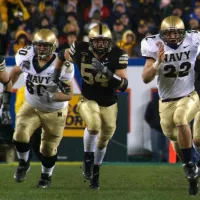
College football is a popular amateur sport in the United...

Football is a family of team sports primarily involving kicking...
The Big Ten Conference is the oldest NCAA Division I...
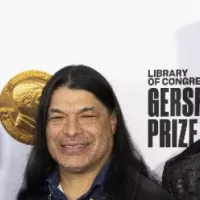
Metallica formed in by James Hetfield and Lars Ulrich is...

A car also known as an automobile is a wheeled...
Trending

11 seconds ago Learner Tien at Delray Beach Open: Fritz ousted, Paul advances, Korda previewed.
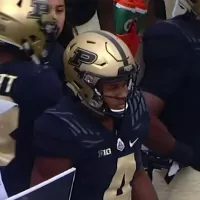
41 seconds ago Rondale Moore, NFL Wide Receiver, Tragically Passes Away at the Young Age of 25

55 seconds ago Tyler Herro Returns to Heat with a Flak Jacket, Hawks Defeated
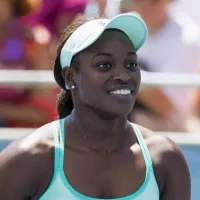
1 hour ago Sloane Stephens and Jozy Altidore Announce Divorce After Four Years of Marriage
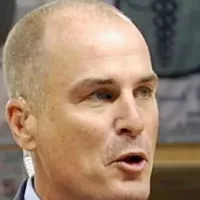
1 hour ago Jay Bilas Praises UNC; Dixon Struggles; Davis's Job May Be Safe

1 hour ago Timothée Chalamet and Matthew McConaughey Reunite, Discuss 'Interstellar' and Share Memories.
Popular

Jesse Jackson is an American civil rights activist politician and...

Barack Obama the th U S President - was the...

Bernie Sanders is a prominent American politician currently serving as...

Ken Paxton is an American politician and lawyer serving as...

Michael Joseph Jackson the King of Pop was a highly...
Randall Adam Fine is an American politician a Republican who...
